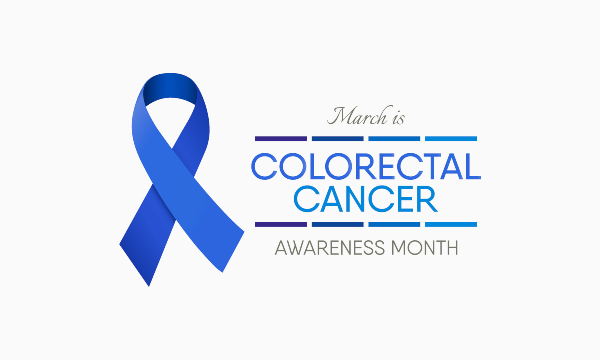It’s the month of March and that means it’s Colorectal Cancer Awareness Month. It’s important to spread awareness and educate people about this type of cancer so we can catch it early and save lives. In this blog post, we’ll discuss the facts about colorectal cancer and what you can do to reduce your risk.

1. Importance of Colorectal Cancer Screening
The importance of colorectal cancer screening cannot be overstated, especially during Colorectal Cancer Awareness Month. Regular screening, starting at age 45, is crucial for preventing this disease. It is essential to promote healthy lifestyle choices during awareness month, as a healthy diet and regular exercise can lower one’s risk of developing colorectal cancer. Personal stories of survivors can create awareness and encourage individuals to get screened. Educating patients on the role and training of colon and rectal surgeons can also help remove the stigma surrounding these procedures. With a relentless pursuit of a cure, awareness is necessary to ensure that people understand the causes, risk factors, and screening tests of colorectal cancer. CMS, ASGE, and ACS Cancer Programs all encourage professionals to promote awareness during Colorectal Cancer Awareness Month. AACR is hosting a special conference to discuss colorectal cancer, focusing on prevention and early detection. With screening, this disease can be detected early, and treatment can begin quickly, leading to better outcomes and increased survival rates.
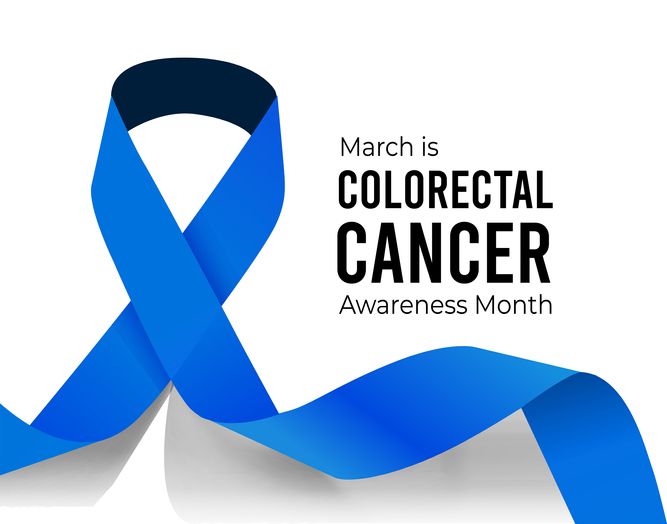
2. Promoting Healthy Lifestyle during Awareness Month
During Colorectal Cancer Awareness Month, it is important not only to promote screening and education but also to encourage a healthy lifestyle. Many risk factors for colorectal cancer can be mitigated by maintaining a balanced and nutritious diet, exercising regularly, and avoiding tobacco and excessive alcohol consumption. This awareness month is an opportune time to remind individuals to incorporate healthy habits into their daily routines as a means of preventing not only colorectal cancer but also other chronic diseases. By promoting a healthy lifestyle, we can reduce the incidence of colorectal cancer and improve the overall health and well-being of our communities.
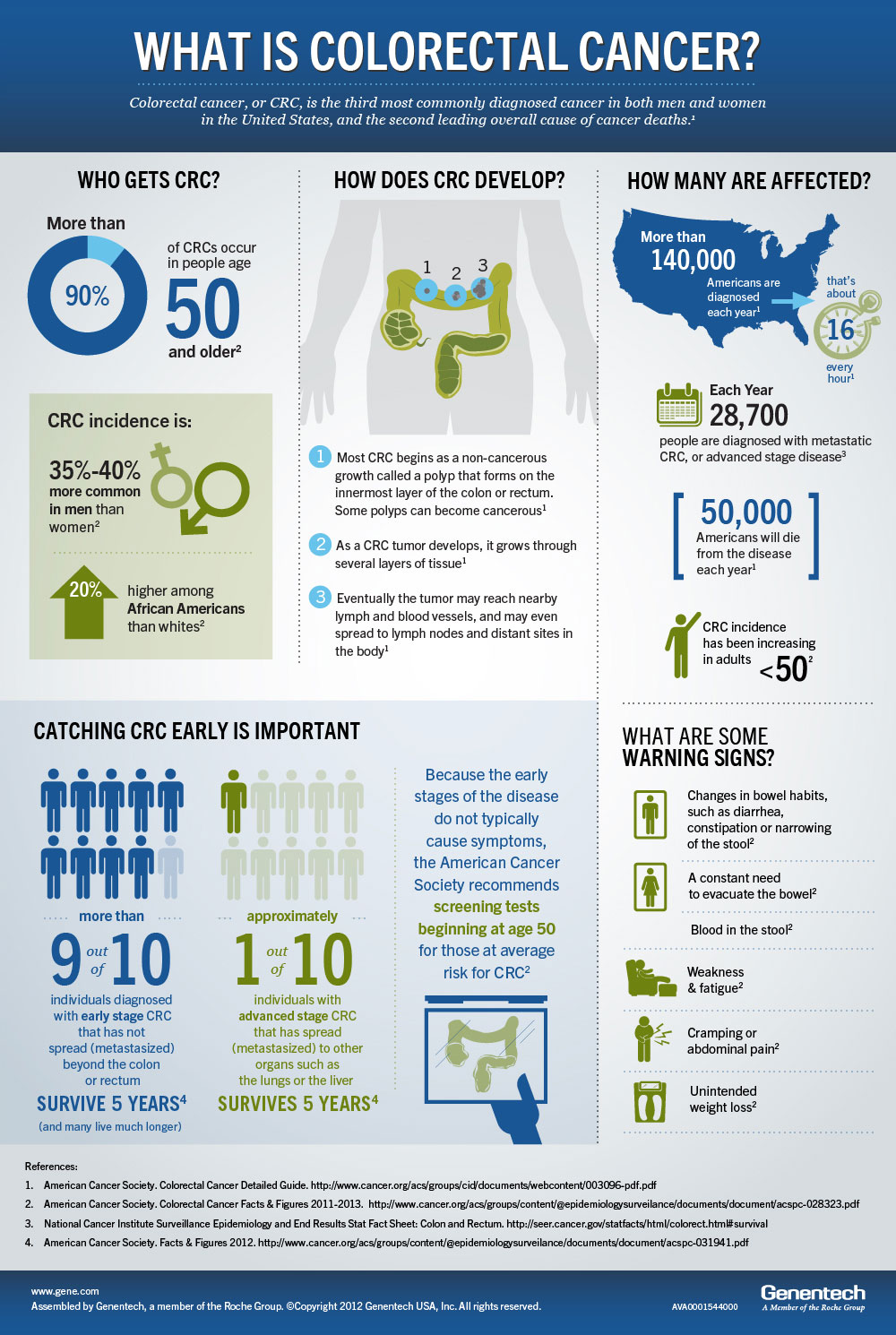
3. Personal Stories of Colorectal Cancer Survivors
The personal stories of colorectal cancer survivors are powerful tools in spreading awareness about the importance of early detection and screening. Listening to their tales of perseverance and bravery can inspire and educate others to take preventive measures and understand the symptoms of colorectal cancer. These stories also provide hope to those currently battling the disease, showing them they are not alone in their fight. By sharing their experiences, survivors can help raise awareness and motivate others to take action in promoting a healthier lifestyle during Colorectal Cancer Awareness Month and beyond.
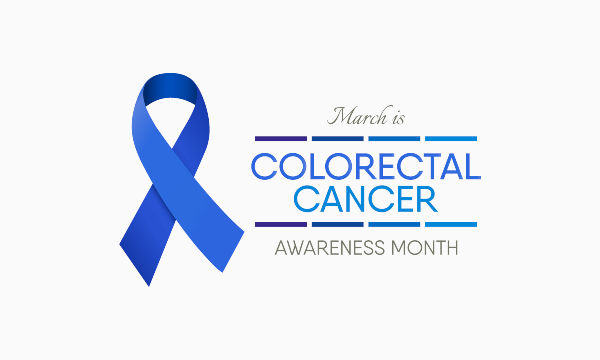
4. Educating Patients on Colon and Rectal Surgeons
During Colorectal Cancer Awareness Month, it’s essential to educate patients on the role and training of colon and rectal surgeons. Patients may not be aware that specialized training is required to treat the specific needs of colorectal cancer patients. Educating patients on how these surgeons can help in their treatment can provide reassurance and instill confidence in their care. Surgeons can educate their patients on what to expect during procedures and how the surgery can help combat their cancer diagnosis. Knowing what to expect can help alleviate any fears or anxiety about the surgical process. By providing education and support, patients can feel empowered to take an active role in their care and make informed decisions.
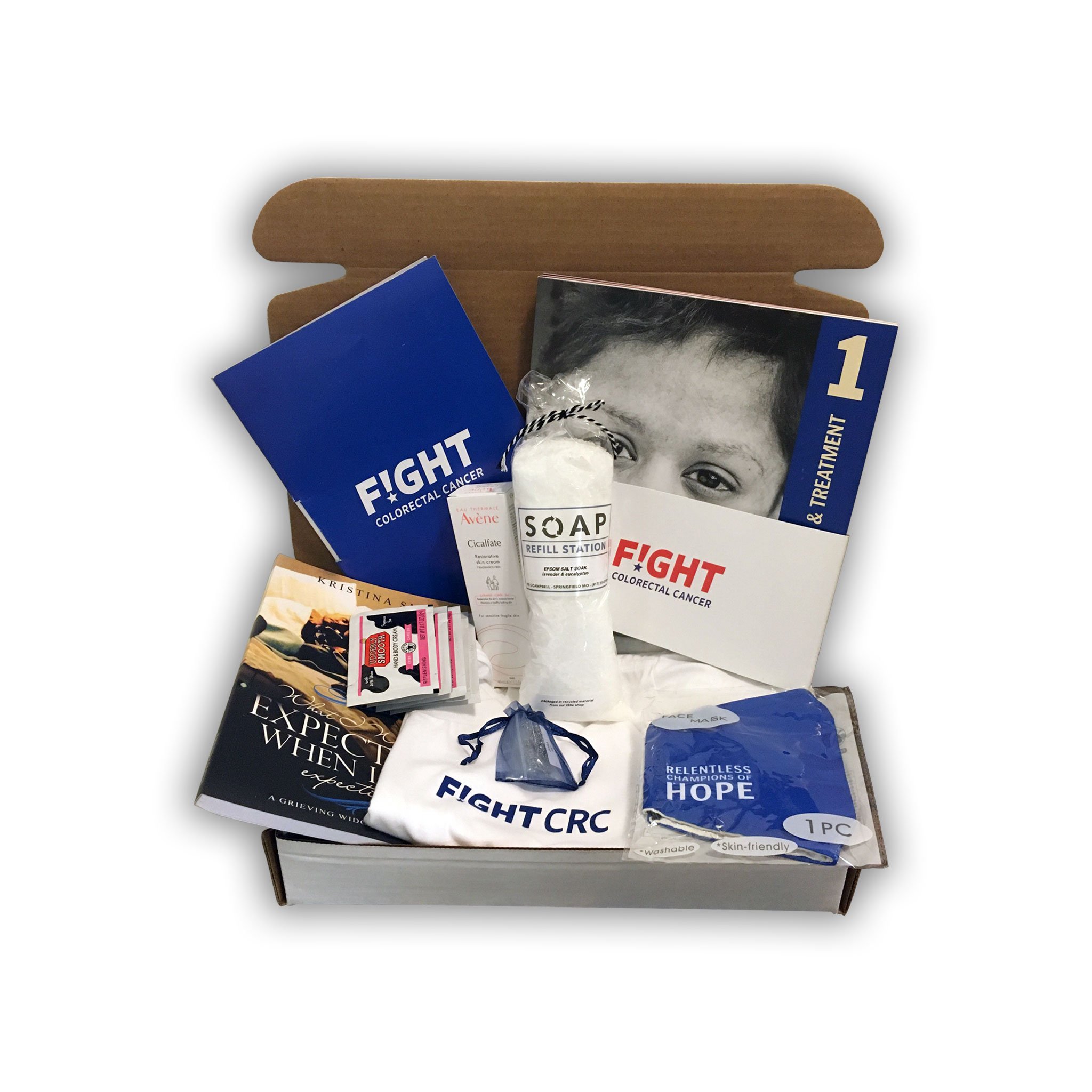
5. Relentless Pursuit of Colorectal Cancer Cure
The fight against colorectal cancer continues with a relentless pursuit for a cure. Thanks to the awareness month initiatives, screening, and promoting healthy lifestyles, physicians, researchers, and patients are working together to combat this disease. Through labs and clinical trials, there’s an ongoing pursuit to create innovative treatments, detecting and intercepting cancer at early stages. Patients worldwide can look forward to the prospect of successful treatments and a positive outcome. Doctors and researchers are working tirelessly to stay ahead, both through their professional interests and passion for saving lives. By coming together, sharing knowledge and expertise, they are making great strides towards their pursuit of a colorectal cancer cure.
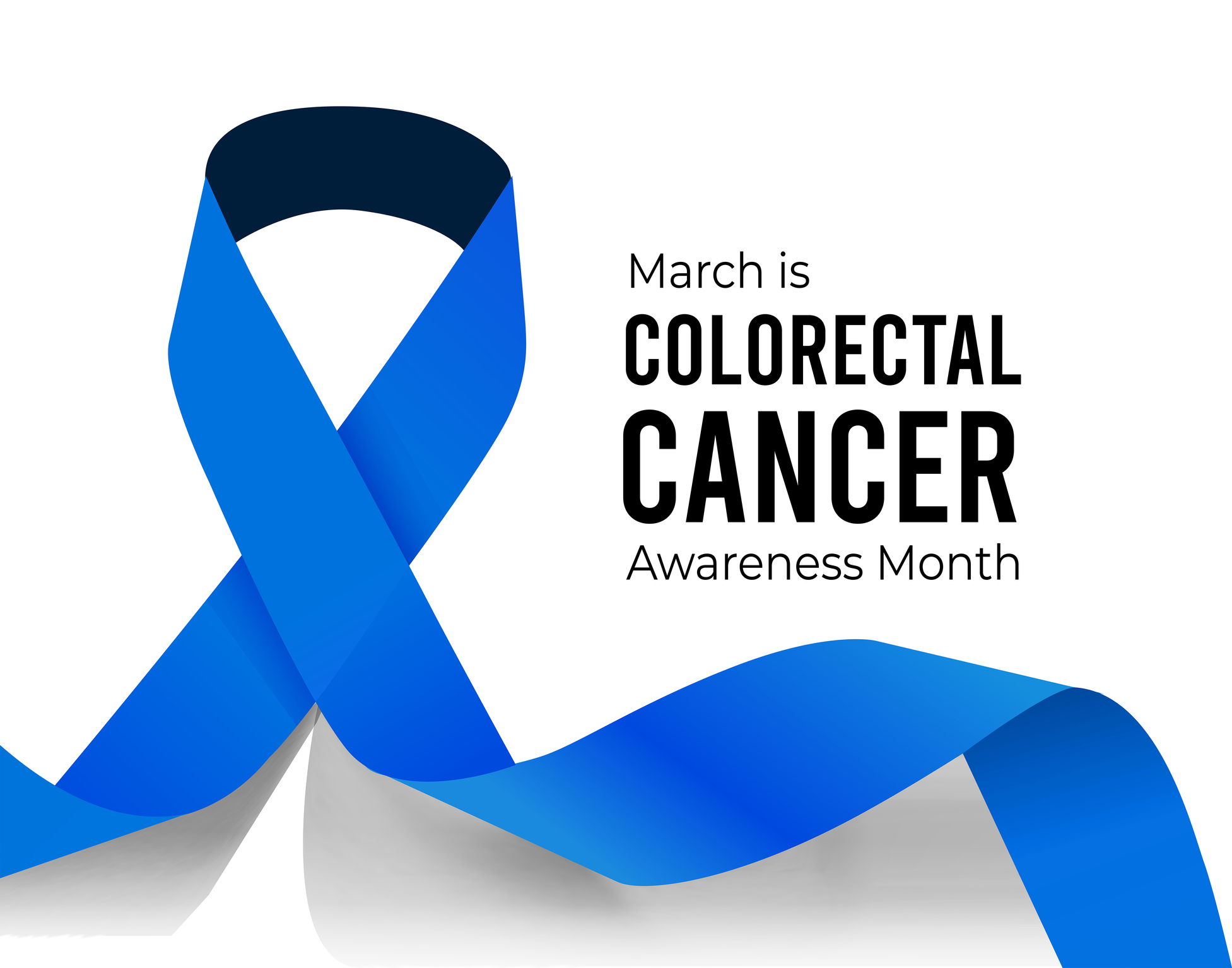
6. CMS Reminds Healthcare Professionals to Promote Awareness
The Centers for Medicare & Medicaid Services (CMS) recognizes the critical role that healthcare professionals play in increasing awareness of colorectal cancer during Colorectal Cancer Awareness Month. As such, CMS is calling on all providers of healthcare services to seniors and other people with Medicare to promote awareness and educate their patients on the importance of early detection and screening for colorectal cancer. By working together during this awareness month, healthcare professionals can help reduce the number of colorectal cancer cases and save more lives. Let us all join hands in this fight against colorectal cancer and promote awareness among our patients and communities.

7. ASGE Helps Members Spread Awareness in Communities
One of the key organizations helping members spread awareness about colorectal cancer during NCRCAM is the American Society for Gastrointestinal Endoscopy (ASGE). ASGE is committed to making it easy for its members to get the word out to their communities about the importance of colorectal cancer screening and prevention. By providing resources such as informational cards and online toolkits, ASGE helps its members educate their patients and their communities about the importance of preventing and detecting colorectal cancer. ASGE’s efforts are part of a broader movement among communities, organizations, and families to raise awareness about colorectal cancer during NCRCAM and take action toward prevention.

8. ACS Cancer Programs Encourages Accredited Programs to Promote Awareness
In line with the goal of National Colorectal Cancer Awareness Month, the ACS Cancer Programs is encouraging accredited programs to promote awareness about colorectal cancer. Through this effort, they aim to educate more people about the importance of screening to prevent the disease and improve access to treatment options. By working together with various accredited programs, the ACS Cancer Programs hopes to raise more awareness about the disease, dispel any myths and misconceptions surrounding it, and ultimately save more lives from colorectal cancer. Let us join hands in this endeavor and take part in spreading awareness this month.
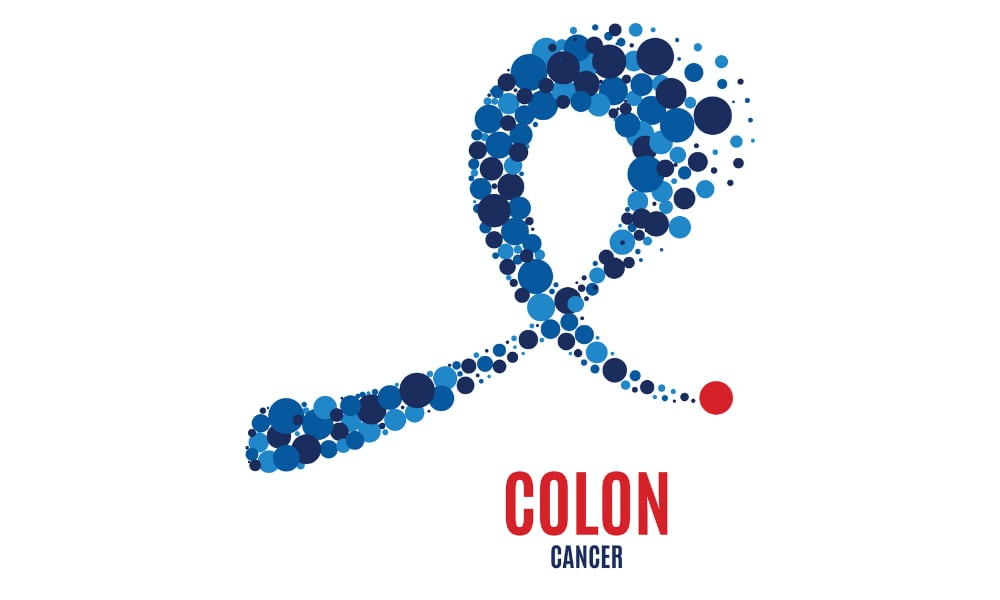
9. AACR Special Conference: Colorectal Cancer
The AACR Special Conference on Colorectal Cancer is an important addition to the Colorectal Cancer Awareness Month. This conference will serve as a platform for leading national and international experts to share the latest research findings, insights and enlighten the participants on cutting edge developments in the field. The conference is set to be held on October 1 – 4, 2022, at the Hilton Portland Downtown in Portland, Oregon. Attending this conference can help healthcare professionals raise awareness, enhance their knowledge base, and improve patient outcomes. By providing a platform for experts to share their findings and encourage collaboration, this conference plays a vital role in promoting the relentless pursuit of exploring new possibilities of colorectal cancer cure, a cause we must all strive for.

10. Prevention of Colorectal Cancer: Causes, Risk Factors, and Screening Tests.
The Prevention of Colorectal Cancer is an important topic to discuss during Colorectal Cancer Awareness Month. Many risk factors, such as age and inflammatory bowel disease, cannot be avoided. However, certain risk factors can be modified, such as maintaining a healthy lifestyle and avoiding smoking. Screening tests, such as gFOBT and FIT, can detect warning signs of colon and rectal cancer, allowing doctors to take action and prevent the disease from progressing. It is recommended that adults aged 50 to 75 years undergo regular screening for colorectal cancer. By educating patients on the causes and risk factors of colorectal cancer, we can encourage individuals to take a proactive approach to their health and potentially prevent the development of this cancer.

